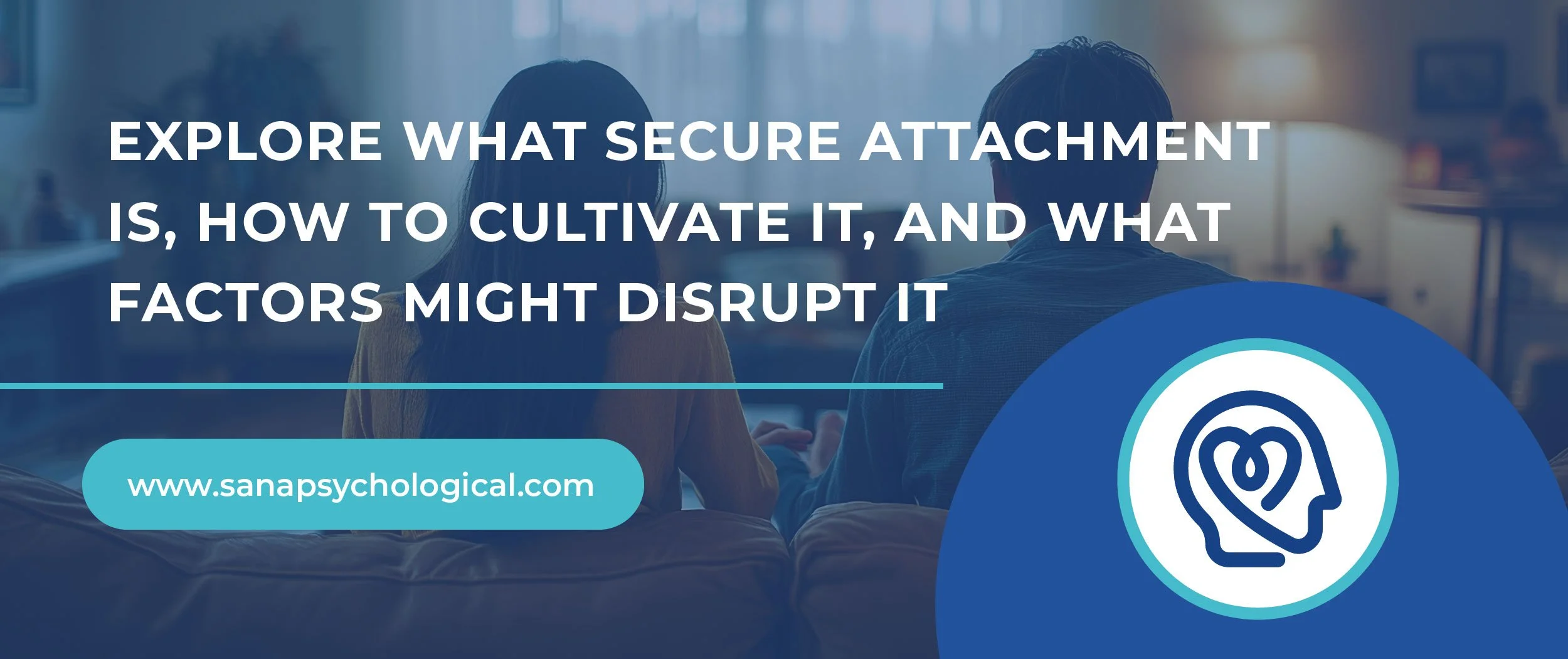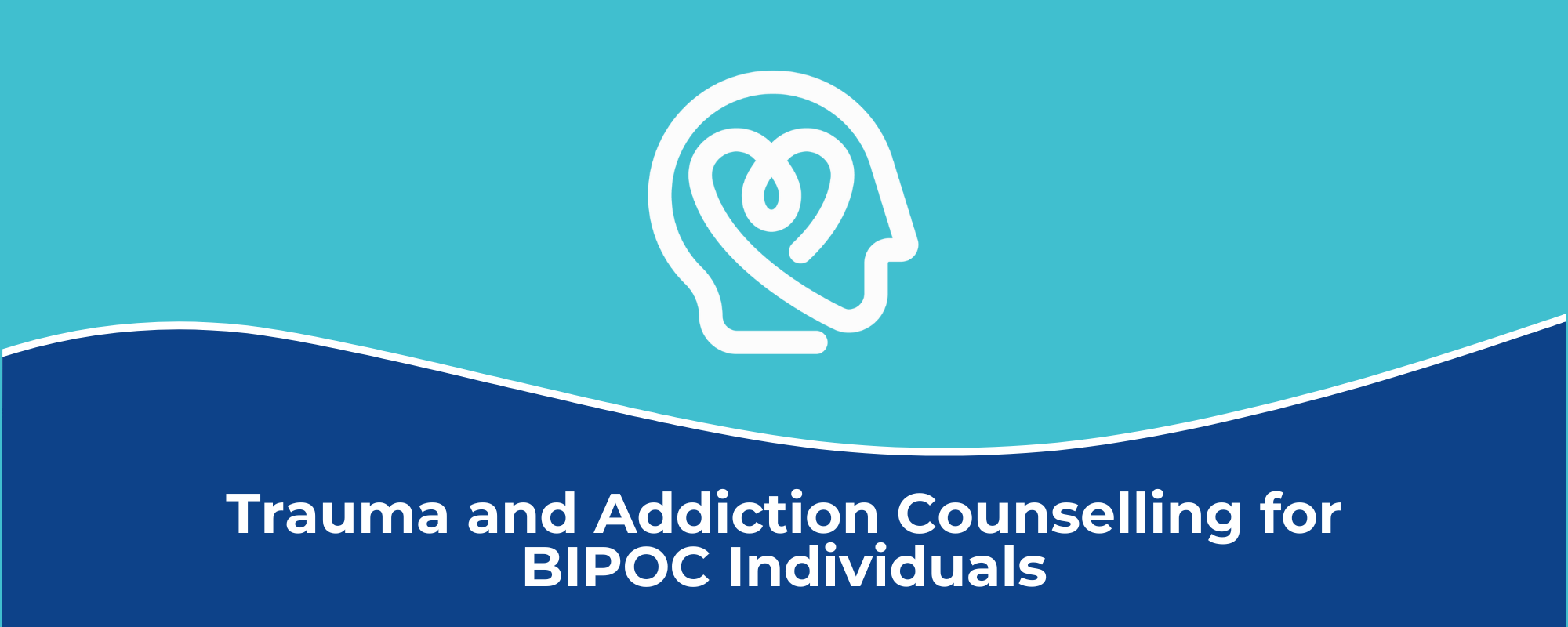What is Calgary Addiction Counselling?
Support for Overcoming Addiction and Building Healthier Relationships
Addiction Counselling Calgary at Sana Psychological can help you with any problem behaviours or substances that you are struggling with. This includes alcohol use, codependency, relationships, sex, gambling, media, drugs (including cannabis and smoking), as well as eating issues.
We recognize that many aspects of life can become too extreme and impact you and your loved ones in a number of ways. We are here to provide authentic and modern support that allows you to move forward and improve your quality of life in meaningful ways.
Our therapists use a variety of treatment approaches when providing addiction counselling Calgary to support you in your identified goals, whether that be harm reduction or abstinence.
When Do You Need Calgary Addiction Counselling
As an informal self-check, we’ve developed this quiz for you to get a rough sense of whether or not Addiction Counselling is the focus for you. Please be aware that this self-check is not a replacement for professional assessment or diagnosis.
Are You Ready for a Change?
If you are here, it is likely that you already know, or at least strongly suspect, that you have addiction related problems. You may be at the point of wondering “What’s Next?” and “How can things change?” Calgary Addiction Counselling can help provide some focus and answers to those questions.
If you are looking for more information, tools, and support, then you may be interested in Addiction Counselling Calgary.
With counselling in general, some people wait until they need it, whereas others choose to come because they want to, even if life is feeling pretty good. Counselling is helpful at any stage. We happily support those in long-term recovery, those who are actively looking to make changes with their addictive behaviours, as well as those who are unsure if they have a problem.
Benefits from Calgary Addiction Counselling:
Support For You
Imagine waking up feeling rested, free of regret, content, and grateful. These are just a few of the benefits that recovery can offer you.
As addiction becomes more active in people’s lives, it starts to rob you of joy, purpose, meaning, and quality of life. The brain becomes fogged, goals become unimportant, and people feel lost. Calgary addiction counselling can help offer a newfound sense of purpose, focus, and health. People reconnect with themselves, improve relationships, and are able to take action on the things that matter most. You could benefit from addiction counselling by finding a whole new lease on life. This seems like a worthwhile investment.
Support For Loved Ones & Family
If you are impacted by a loved one’s addiction issues, you are not alone. With an estimated 25% of the Canadian population meeting the criteria for addiction at some point in their lifetime, this leaves few families free and unaffected from this mental health issue.
If you are finding yourself navigating addiction in your relationship, extended family, workplace, or family, then you may find benefit in meeting with a therapist to discuss boundaries, self-care, communication, your feelings, and more. The safe, non-judgmental therapeutic environment can be a great place for emotional processing as well as developing clarity and awareness on things. Calgary addiction counselling is a mixture of talking and tools designed to help you improve your self, life, and relationships.
What Does Calgary Addiction Counselling Support Look Like for You
Your Path to Recovery and Healing
Addiction counselling probably doesn’t look how you think (let’s face it, there is still a lot of stigma and misinformation in our society around addiction). Addiction counselling Calgary, like any therapy, is non-judgmental, empowering, not shaming, and informative.
We believe in your strengths and resilience and incorporate this as the basis for our work together. We are your mental health consultants, helping you move towards your goals. Sessions will leave you feeling lighter, more confident, and more sure of yourself as you keep moving in the direction that you want to go.
The first few sessions will involve an exploration of who you are, the challenges you are here to address, past counselling experiences (if any), and identification of goals. Your therapist will bring in their own personality and style to each session, which can include different therapeutic techniques, grounding exercises, structure vs. flexibility, and humour as appropriate.
What we can ensure is that your therapist has your best interests in mind, that your safety and health are their #1 priority, and that they will do anything they can to offer tools, strategies, and support to promote change in your life.
Calgary addiction counselling will involve an eclectic mix of therapies tailored to your needs and goals. There may be exploration of self-care, navigating triggers and cravings, dealing with relationships, discussion about external tools like groups or community supports, as well as other resources and tools that you can use to support yourself outside of session.
Our mission with addiction counselling Calgary is to help you with the awareness, knowledge, and tools you need to move ahead in your life and recovery. We believe in you, your capacity, and your strength and will seek to enhance this in sessions.
Meet Your SanaPsyc Addiction Counselling Experts
Frequently Asked Questions
-
We offer Calgary addiction counselling for any type of addiction that you are navigating. Our most common specialties for addiction counselling are: Alcohol use, sex, gambling, and relationships/codependency. We also work with those who are struggling with food, media, work, spending, and other substances.
-
Typically people find benefit in meeting every 1-3 weeks for the first 3-6 sessions of addiction counselling. Often by this point, things are starting to stabilize and you have tools and strategies you are working on implementing outside of counselling so then counselling session frequency can change to meeting every 2-4 weeks. We find people seeking addiction counselling are often looking for longer-term support as their addiction issues have taken a long time to build up in their lives and they want to make sure things stay stable for a long time into the future. This is not a requirement of addiction counselling, of course, as we are happy to help short or long-term, depending on your needs and preference.
-
Loved ones are welcome to attend any counselling sessions so long as you provide your permission and consent for this. Addiction counselling is your time to prioritize your wellness. It is a safe, private and confidential space and, therefore, you have the choice of if, who, and when you choose to invite anyone into that. Our addiction therapists find that having some joint sessions with loved ones can improve outcomes as it can increase openness, communication, accountability and clarify the changes happening outside of addiction counselling.
-
From a research perspective, online (or virtual) counselling sessions seem to be as effective as in person counselling. The reality is that this depends on the individual. Some people prefer in person addiction counselling sessions and, therefore, will benefit more from them because they are more comfortable and invested. Others prefer online counselling sessions and, therefore, will benefit from those. All of our Calgary addiction counsellors offer in person and online counselling options so the choice is yours. We also have people who do a mixture because that works best for them.
-
No. We provide addiction counselling from a holistic psychological perspective where we integrate emotional regulation, psychological principles, and evidence-based treatment modalities into bio-psycho-social care. If you are interested or comfortable exploring the role of spirituality, groups and peer support (which can include 12-Step groups), we are happy to have conversations about this with you. Our addiction counselling is respective of the individual’s needs, preferences, and goals.
How You Can Access Support for Calgary Addiction Counselling
Simple Steps to Start Your Journey
We aim to make our intake process as simple as possible with easy access to information and appointment booking. We also have our intake coordinator available to talk further with you if questions arise.
Online booking is available 24/7
No referral required
Direct billing available depending on your chosen provider
Free resources for addiction recovery support
Have additional questions? Contact us anytime. We’re here to support you in making the change you deserve and are ready to help you achieve your goals.

































